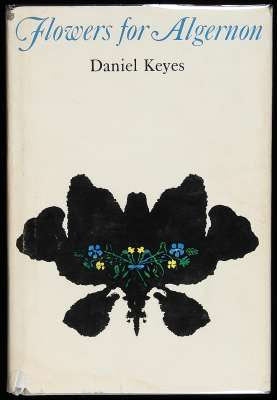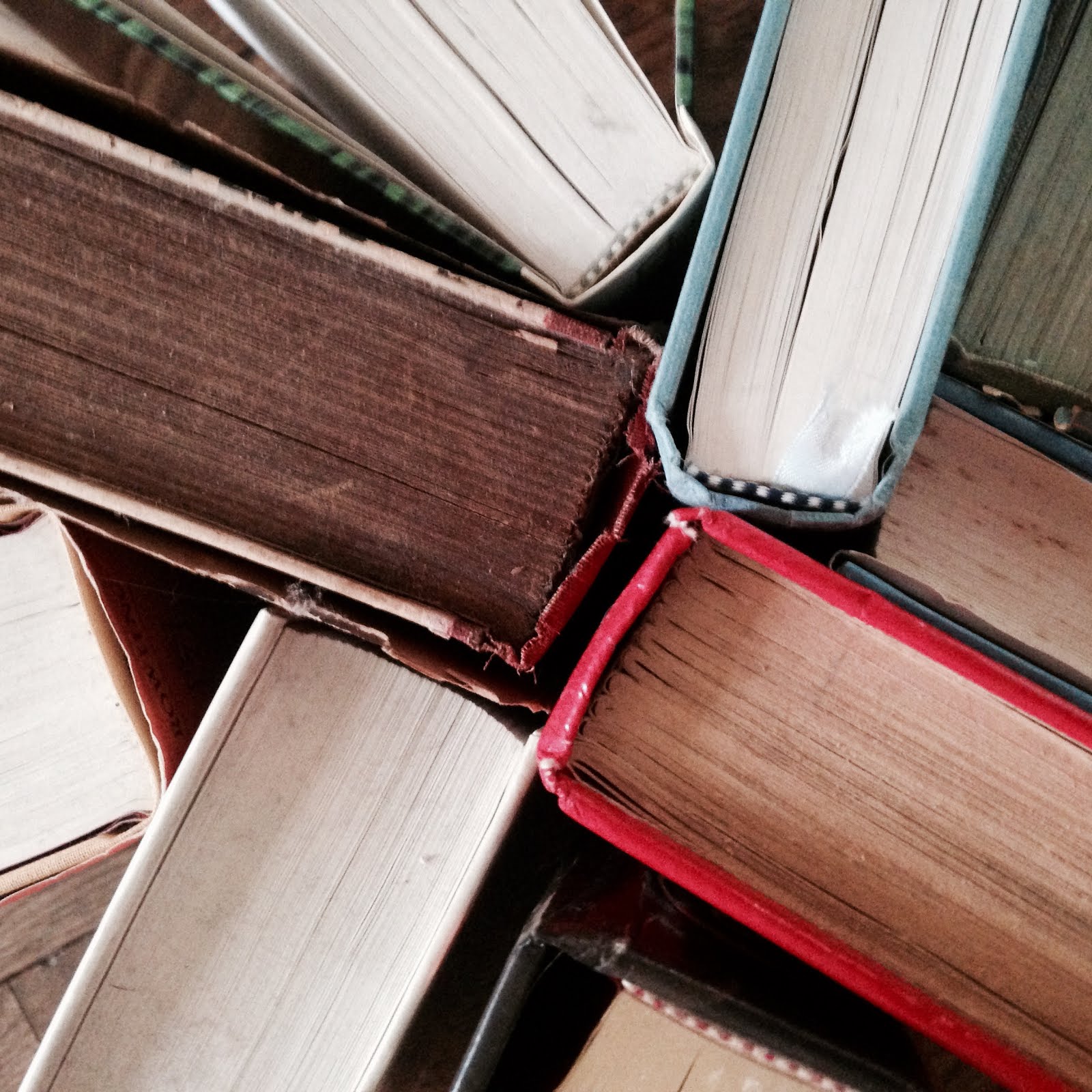My English teacher made us read this in high school, so I groaned inwardly (like a student receiving an assignment) when I picked this one up. In the introduction, I had to read the inserted quote from Plato’s The Republic three times before I had a theory to its meaning. Kinda ironic. Anyway, see for yourself:
Any one who has common sense will remember that the bewilderments of the eyes are of two kinds, and arise from two causes, either from coming out of the light or from going into the light, which is true of the mind's eye, quite as much as of the bodily eye; and he who remembers this when he sees any one whose vision is perplexed and weak, will not be too ready to laugh; he will first ask whether that soul of man has come out of the brighter light, and is unable to see because unaccustomed to the dark, or having turned from darkness to the day is dazzled by excess of light. And he will count the one happy in his condition and state of being, and he will pity the other; or, if he have a mind to laugh at the soul which comes from below into the light, there will be more reason in this than in the laugh which greets him who returns from above out of the light into the den.
Yeah, it was the last part that got me, too. I think what he’s saying is that we shouldn’t laugh or feel pity for the blind man until we know his story. Maybe, being oblivious is a good thing. On the other hand, if he did have his sight at one point, and he lost it, how bad would that suck? The last thing in the world that he would want is your laughter or your pity.
Drawing on my apathetically-inspired memories of the book from high school and the crappy movie we watched afterwards, I remembered little. I knew Charlie Gordon was mentally-handicapped. He gets smart. There’s a mouse, Algernon. Charlie likes his teacher. Then something goes wrong, and he goes back to being his normal self again. Nothing else must have hit me as being very significant because that all I remembered. It’s a weird experience when a wiser woman revisits the footsteps of the past. I know it sounds dramatic, but in a way it was. I rarely ever read books twice. To me, re-reading Flowers for Algernon was like stepping into those white K-Swiss sneakers I wore when I was fifteen. I remembered my foolish interpretations and mocked my old self for themes in the book that I had completely missed before. I even blushed a few times while reading sections that would have embarrassed the hell out of me as a kid. In my own weird way, I identified with the smart Charlie who imagines his former self peering in from the shadows. The handicapped Charlie (15-year-old me) yearns to find meaning in things he can't (I couldn't) understand, while the smarter Charlie (the present me) desires to reconnect and make sense with his (my) past and former self. And I thought about how stupid I was when I was 15, and how I sure as hell wouldn’t want to go back…or would I?
What are some of the things I missed when I read it the first time? Um, like how horrible Charlie's mother was to him, and how, as a mother, it tears me up inside to think about it. Charlie was a child who could barely care for himself. He was lonely in a world of people and things he couldn’t fully comprehend. All he needed in the world was someone to love him and to accept him and to guide him. That’s all he needed. It’s weird to think about it, but isn’t that the mother’s dream? To hold onto your child, never see them go out in the world and meet dangerous people and face dangerous situations, and just keep them by your side forever because all they'll ever need in the world is your love and caring and affection. Some would see it as a curse, and in a way, it is. What mother doesn’t want some independence every once in a while? I mean, c’mon. But to think that a mother could abuse and beat such a child, banish him from the house and wish for his death, ugh, it makes me sick! He cringed and whimpered when she came into the room. He expected beatings when he should have gotten kisses and hugs. She made him feel like he was always bad, never doing anything right, and a burden. I know. I know. It’s just a fictional story. That would placate me if it weren’t for the fact that I know these things happen in the real world, too. It’s one of the afflictions of having the ability to see and decipher what goes on around me.
I found it amusing that Charlie became more depressed with each IQ point he gained. Like Plato suggested, maybe it isn’t so bad to not be able to see. Before the experiment, Charlie didn’t know that his “friends” were laughing at him and making fun of him. He didn’t know what a horrible person his mother really was or how she screwed with him mentally. His misinterpretations lead him to adopt a comfortable understanding of his experiences, and he seemed unable to recall anything truly unpleasant. It wasn’t until he became more aware that he saw that he really didn’t have any friends at all. His doctors weren’t the geniuses he imagined them to be. His mother and sister hated him while his dad never intervened enough to really make a difference. He was lonely, and as an added bonus, he became so smart at one point that people became unable to connect or speak to him at all.
There was a brief moment when he was going upwards in intelligence (and another when he was going down again) when he could relate to others, and it was during these times that a romance sparked between Charlie and his teacher, Alice Kinnian. Based on my school-girl memories, I expected it to be so much more gripping than it actually was. Honestly, this time, it was just hard to believe. I found myself wishing I could have a heart-to-heart with Alice and ask her if she had gone insane. Fall in love with someone who is as emotionally mature as an 8-year-old? Ewww. It makes me shudder to think of the confused images the not-smart Charlie holds in his memories.
To sum it up, I loved this book. It made me want to hug my children, to cherish what I have and know, to feel grateful for my past, and to pity myself a little bit because I can’t be so happily ignorant—not that I’m wishing for that or anything. Now that I know what I know, I’d always feel like I was missing something if I suddenly got hit by a bus and lost my senses. And I don't think I'd ever be fooled if someone tried to humor me. I'd just want to be treated like everyone else. Just as Charlie feels at the end of the book. Even though I love this book, I do have one warning about it: Do Not Read While Suicidal. It is quite depressing, but it’s worth it to have your eyes opened just a little more to a corner of the world so often cast in shadows. I have a feeling that, had Charlie retained his abilities, he would read it.













